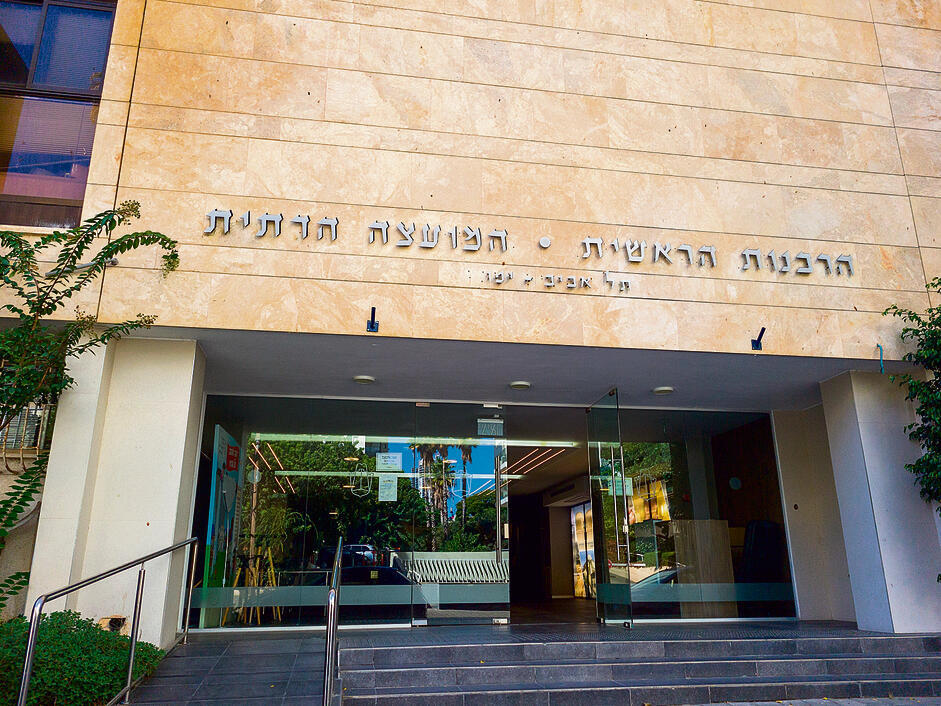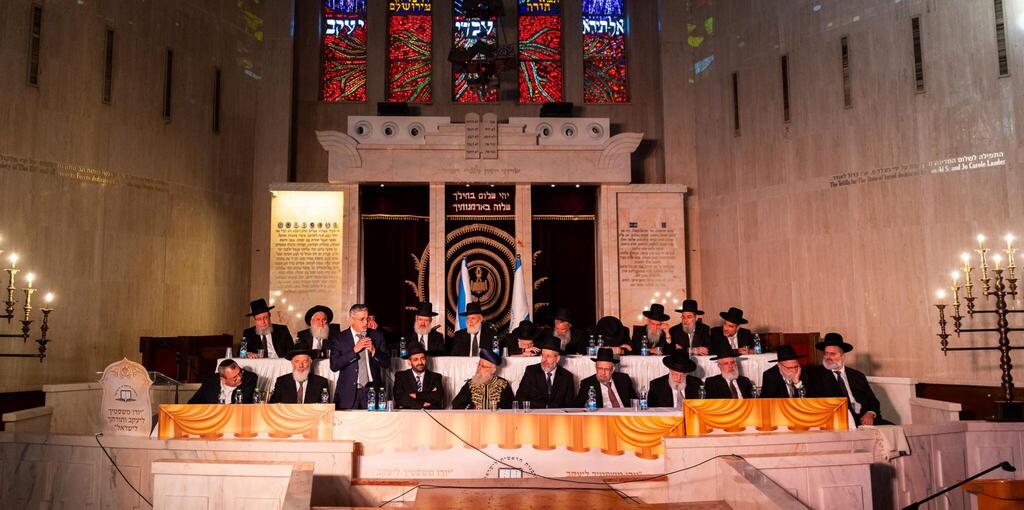Getting your Trinity Audio player ready...
The term for the Chief Rabbinate Council of Israel expired earlier this week, leaving Israel without a functioning rabbinate for the first time in over a century, affecting religious services that touch nearly every citizen.
The Chief Rabbinate oversees key functions, such as approving imported meat by sending teams abroad to supervise slaughter and packaging. Though teams are currently in place, they will return to Israel in a few weeks, and without legislative action to extend the council's term, new teams cannot be dispatched, potentially leading to a meat shortage. The rabbinate also certifies other imported foods, which cannot be sold in Israel without its kosher certification.
The impact extends beyond food, as the rabbinate also certifies mohels, kashrut supervisors, city rabbis and judges for rabbinical courts, which handle conversions and divorces. The courts currently face a shortage of 20 judges out of 99 nationwide, leading to delays, particularly affecting those seeking divorce.
This situation arose from a Supreme Court petition seeking to include women in the body that elects the council. The court suggested appointing 10 female representatives, but the rabbinate objected, citing the inability to ordain women as rabbis.
Elections were delayed, and while they are now set for September 29 to elect new chief rabbis, a new law may extend the term of the dissolved council, postponing the need for elections.
The Chief Rabbinate was originally tied to Zionism, founded during the British mandate to provide religious services for Jews in Israel. Over time, however, it has become increasingly political, with many viewing it as an ultra-Orthodox stronghold disconnected from modern Zionist values, such as compulsory military service.
Critics argue that a more inclusive rabbinate, led by figures with military backgrounds, could rebuild trust and foster cooperation between the rabbinate and Israeli society.




